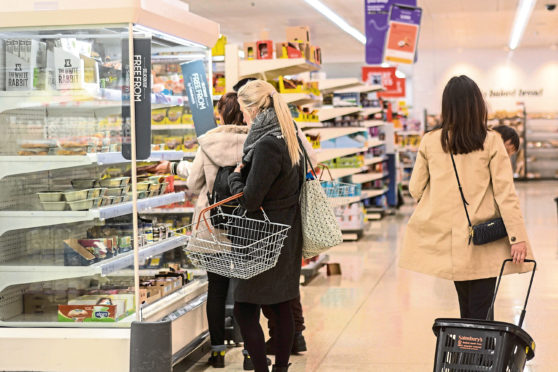A fight to ensure post-Brexit food imports will match the UK’s “high” food and environmental standards has been taken up in the House of Lords.
While the government has pledged not to compromise on existing rules as part of future trade deals, opponents have argued it should be written into law.
Peers have said they will seek to change the Agriculture Bill, which sets out new policy as the UK quits the EU-wide Common Agricultural Policy, to guarantee welfare standards are not negotiated away.
It comes after a similar bid by Tory rebels failed when the legislation went through the House of Commons.
Opening the Bill’s second reading debate, Rural Affairs Minister Lord Gardiner of Kimble sought to reassure peers that the government was “alive to the issue of trade standards”.
He referred to a recent letter in which both Environment Secretary George Eustice and International Trade Secretary Liz Truss insisted the government remained “firmly committed to upholding our high environmental, food safety and animal welfare standards outside the EU”.
Confirming all food coming into the country would continue to have to meet existing import requirements, Lord Gardiner said: “That specifically means that the import of chlorine-washed chicken and hormone-fed beef, for example, is prohibited.”
Tory peer Baroness McIntosh of Pickering warned of the risk of “inferior food imports not produced to our high standards”.
She argued that existing regulations could be changed by secondary legislation signed off by ministers.
“A mere swipe of the pen … and our standards could be changed overnight,” Lady McIntosh said.
The Bill received an unopposed second reading and now goes for line-by-line scrutiny in committee.
